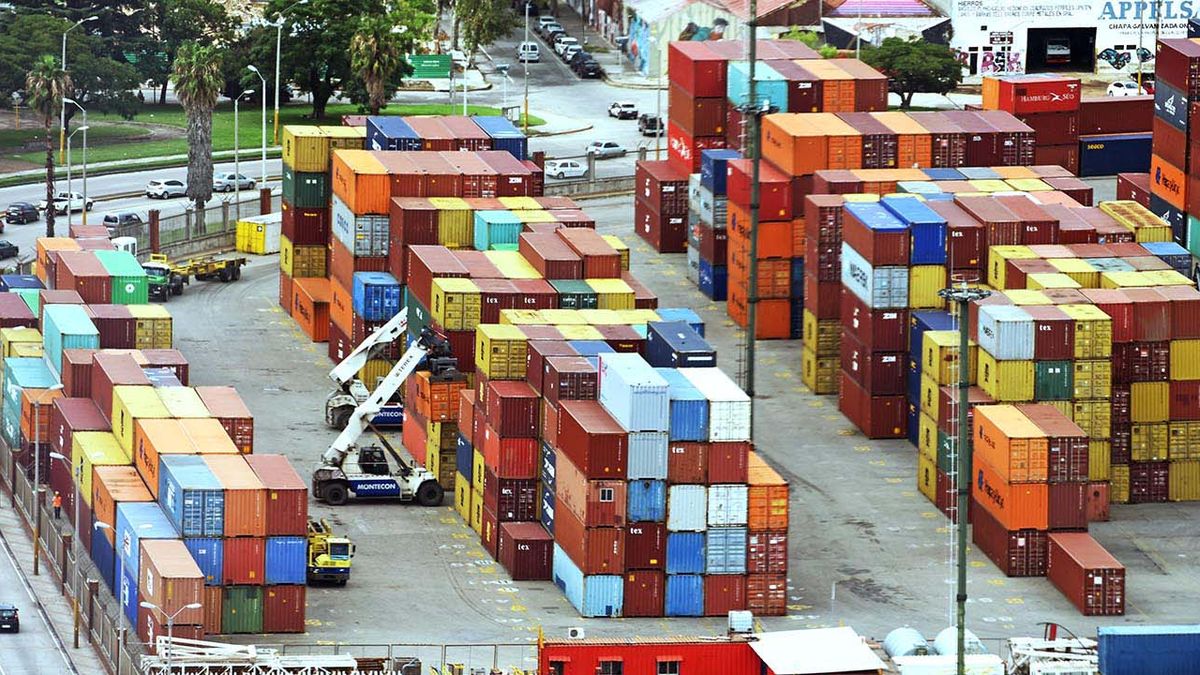The president of the Chamber of Industries of Uruguay (CIU), Fernando Pache, warned that although the new measures regarding imports of Argentina represent an improvement in the state of things, “they must be read with caution” because they do not solve the debts that the neighboring country has with the Uruguayan exporters.
The first reading regarding the elimination of the Import System of the Argentine Republic (SIRA) and its replacement by what the government of Javier Milei called Import Statistical System (SEDI) It is “pleasant,” although “then you have to put it into practice, which we are trying and it is not something so practical or so easy,” Pache said in dialogue with Radio Sarandí.
According to the president of the CIU, it is necessary to “read with caution” the measures that the new Argentine government has taken, mainly because it has not even been operational for 20 days — while the modifications to the import system are even more recent. Likewise, he pointed out that “the freedom is partial” for the Uruguayan exporter since a certain level of “intervention between what he can negotiate with his Argentine client and the State.”
In this regard, Pache pointed out that the new system is based on tariff codes through which products are identified and, based on that identification, the payment terms which can be 30, 60, 90 and 120 days. “If indeed the Dollars The Central Bank has to provide them and the dollars are not there—they were not there before—so what Argentina is taking is a speculative period in what those dollars are going to be obtained,” considered the industrialist.
In that sense, he explained that the CIU recommends caution to the industrial sector for two reasons: on the one hand, because “there is a huge old debt, then we have to see how that debt is paid.” “The government is stating that it is going to issue a bond or something similar to pay in installments, it is still not clear and it is directly unconsulted”, Pache stated, although he acknowledged that it is better than “the previous thing” since “in the last six months of the government of Alberto Fernandez, When the due date arrived, the payment was deferred in most cases, so the Uruguayan did not get paid.”
“On the other hand, whoever exports a product today for 30, 60, 90 or 120 days is also granting a credit to a future speculation that the 25% that you have to collect is in the Central Bank within 30 days. I wonder what happens if they don’t manage to raise the expected dollars, then their debt”, Pache considered.
In the face of “permanent uncertainties,” SIDE represents “something to find a way out and pay, but it is not the joy of the world because the old money has not yet appeared and the new money, that is, current exports, are credit,” he noted.
What is the current debt with Uruguayan exporters?
Although Pache clarified that there are no exact figures or precise surveys that allow determining the amount owed since Argentina for Uruguayan industrialists, explained that “when one consults with trusted colleagues, we understand that this debt It should not go below 30 million dollars”.
The calculation is based on the fact that there are between 5% and 10% of annual exports toward Argentina that has not yet been collected, on a total of placements in the neighboring country of between 630 and 700 million dollars a year.
Likewise, Pache pointed out that around twenty of the companies that are members of the CIU export 95% of their sales to Argentina, so “they are very played.”
Source: Ambito




